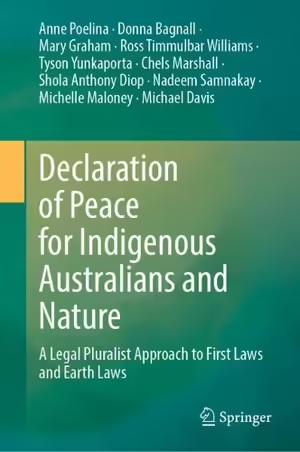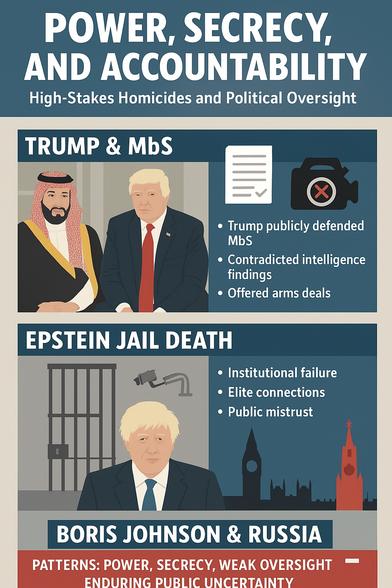Where COP Fails, Ecuador Leads: The General Strike in Defence of Nature. As COP30 in Brazil proved impotent in the face of climate catastrophe ...
As COP30 in Brazil proved impotent in the face of climate catastrophe, Pádraig Mac Niocaill shares vital lessons from Ecuador where mass movements and general strikes have secured real victories for climate justice.#anti-extraction #climate #Ecuador #extraction #indigenouscommunities #indigenouspeople #LoughNeagh #peoplepower #RightsofNature #strike #workersaction #workerspower
Where COP Fails, Ecuador Leads: The General Strike in Defence of Nature - REBEL







